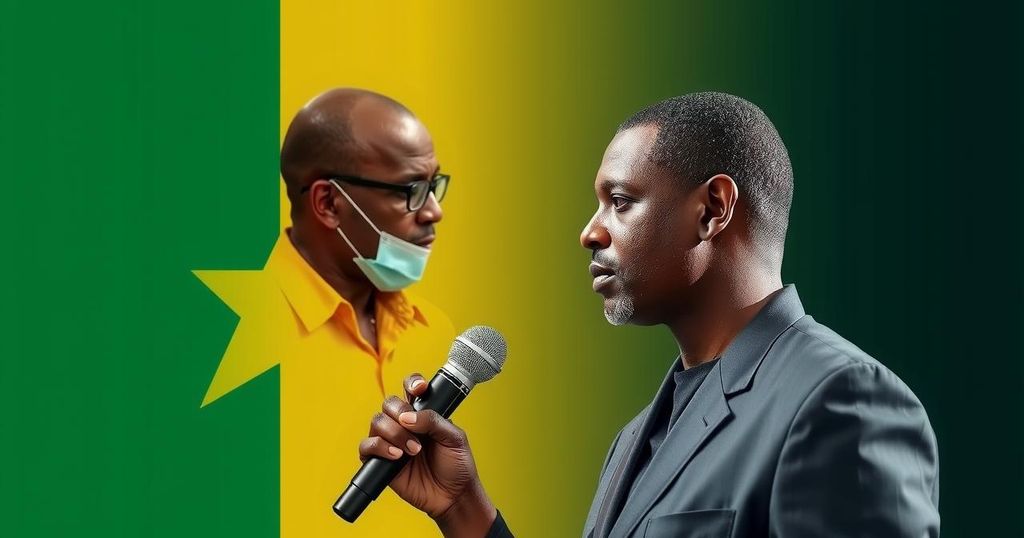With the general election looming in 24 days, Professor Jeffrey Haynes indicates that Ghanaians are likely to prioritize economic issues over the anti-LGBT bill. Economic hardships, youth unemployment, and the handling of illegal mining will shape voter choices, while the LGBTQ bill may serve as a distraction from governmental failures.
As Ghana approaches its general election in just 24 days, Professor Jeffrey Haynes, a political scholar from the Metropolitan University in the UK, posits that the electorate’s primary concerns revolve around economic issues rather than social matters such as the anti-LGBTQ bill. During his address at the ‘Kronti ne Akwamu’ lecture series, he emphasized that the burdens of escalating living costs, rampant youth unemployment, and governmental mismanagement of illegal mining operations will significantly shape voter choices. Professor Haynes elucidated that Ghanaians are likely to prioritize immediate financial and job security crises over legislative debates on LGBTQ rights. He stated, “They (Ghanaians) will consider price rises, employment prospects for young people, graduates and so on. They will think about galamsey and other crisis Ghana is facing.” He further conveyed that the electorate seeks a transparent and accountable government, suggesting that the ongoing discussion surrounding the anti-LGBTQ bill may serve as a distraction from pressing government failures. This discourse occurs concomitantly with Ghana’s Parliament, which has once again submitted the anti-LGBTQ bill to President Nana Akufo-Addo, urging him to endorse it despite his previous indication that its enactment should await a Supreme Court ruling regarding its constitutionality.
The socio-political landscape of Ghana is currently marred by significant economic challenges, compelling citizens to focus on pressing issues that directly impact their livelihood. With a high cost of living and increasing youth unemployment, many Ghanaians are likely to engage in the electoral process with a primary focus on these economic factors rather than sociocultural debates, such as the controversial anti-LGBTQ legislation that has recently regained traction in Parliament. The socio-cultural debates surrounding LGBTQ rights continue to evoke diverse opinions in Ghana, where the legislative push for an anti-LGBTQ bill has become a focal point of discussion within the political arena. However, recent commentary suggests that these topics may not resonate with the electorate’s immediate concerns as they head into the voting period.
In conclusion, as Ghana nears its general election, economic factors are projected to dominate voters’ minds, overshadowing social controversies such as the anti-LGBTQ bill. The pressing realities of living costs, job security, and governmental accountability are paramount for the electorate. Thus, while the government grapples with potential social legislation, it must address the underlying economic issues that are central to the citizens’ voting decisions.
Original Source: www.ghanaweb.com






